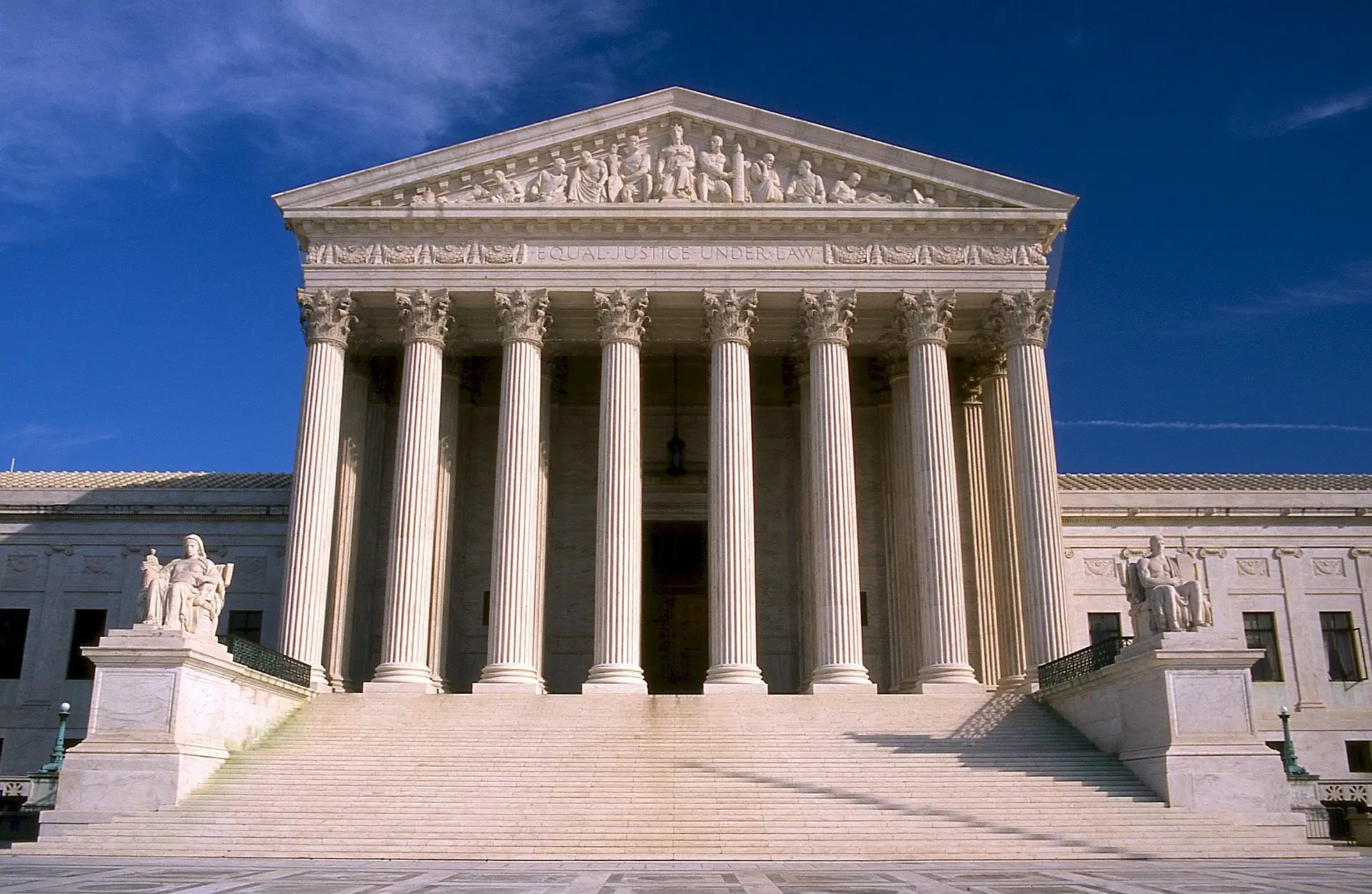
Since the Supreme Court’s 2003 ruling in Georgia v. Ashcroft, the definition of a Black voter has included every person who identified as Black alongside any other racial or ethnic category for redistricting purposes. In a lawsuit currently before the U.S. Supreme Court – Ardoin v. Robinson – Louisiana Sec. of State Kyle Ardoin and the State of Louisiana are arguing that the definition of who can be considered “Black” for voting purposes should be limited only to those who identify as solely Black or Black and white – which is the current standard adopted by the U.S. Department of Justice.
The lawsuit is part of the ongoing fight over Louisiana’s redistricting maps, which failed to add a second majority-Black district this year. Louisiana officials are arguing that using a more expansive definition of Blackness is “an independent legal error warranting this Court’s intervention.” A narrower definition would allow the state’s Republican majority to continue gerrymandering and limiting Black voter strength across the state.
Lousiana Republicans argue that using an expanded definition of Black was an attempt to “load the dice” in favor of forcing the addition of a second majority-Black district and that using the DOJ definition “is to prevent state actors from artificially inflating the minority counts of their redistricting plans to make it seem like there is more minority opportunity than there is.” However, according to the 2020 Census data, more people than ever are identifying as multiracial. This is in part due to expanded access to DNA testing through at-home tests, but also because in 2020 the Census Bureau changed the way they ask about and categorize race. From 2010 to 2020, there was a 276% increase in the number of people who identify as multiracial nationally, and the “Black or African American in combination” population category grew by 88.7%.
It’s worth noting that in the past – particularly during the Jim Crow Era – Louisiana preferred a much-expanded definition of Blackness under the “one-drop rule,” which defined a Black person as anyone with ancestors who were considered Black. In 1970, state lawmakers passed Act 46 which codified that only “a person having one-thirty second or less of Negro blood shall not be deemed, described or designated by any public official in the state of Louisiana as ‘colored,’ a ‘mulatto,’ a ‘black,’ a ‘negro,’ a griffe,’ an ‘Afro-American,’ a ‘quadroon,’ a ‘mestizo,’ a ‘colored person,’ or a ‘person of color.” That law was not repealed until 1983
When hearing the case in the lower court, U.S. District Court Judge Shelley Dick made a point of noting that history.
“It would be paradoxical, to say the least, to turn a blind eye to Louisiana’s long and well-documented expansive view of ‘Blackness’ in favor of a definition on the opposite end of the spectrum,” Dick wrote in her ruling rejecting the state’s proposal for the narrower definition.
According to Atiba Ellis, a professor at Marquette University Law School whose research focuses on voting rights law, adopting the more limited definition of “Black” for redistricting purposes would undercut the self-determination goals of the Voting Rights Act.
“Drawing lines around identity based on what might come off as an arbitrary distinction on a census form would undercut that opportunity for self-determination,” Ellis says. “And certainly in other contexts throughout American history, having the majority dictate to a racial minority who belongs in that racial minority has been seen as discriminatory.”









